Financing Sustainable Agriculture in Brazil’s Cerrado Biome
Brazil’s Cerrado biome, the country’s second-largest, plays a central role in national agricultural production while also hosting significant biodiversity and ecosystem value.

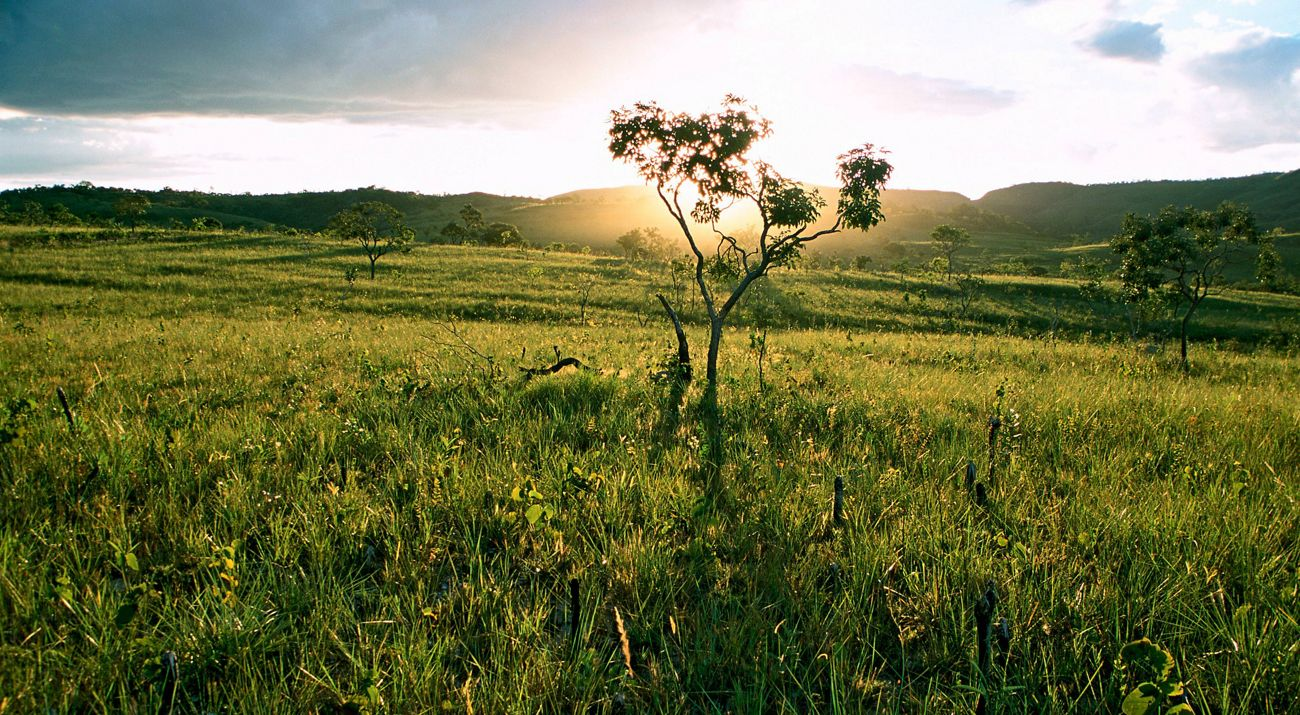
Brazil’s Cerrado biome, the country’s second-largest, plays a central role in national agricultural production while also hosting significant biodiversity and ecosystem value.

Biostimulants are gaining global attention as agriculture looks for ways to improve crop resilience, nutrient efficiency and stability. However, while adoption is accelerating internationally, significant opportunities remain for wider use in South Africa – particularly in the grain sector.

The TexasFarmBureau this week praised the U.S. House Committee on Agriculture for advancing the "Farm, Food, and National Security Act of 2026" — or Farm Bill — out of committee with bipartisan support.

While crops have fared better than anticipated, the consistent rainfall has pushed spring operations behind schedule.

To fortify Nigeria’s food systems and shield farmers from mounting risks in a volatile, uncertain, complex and ambiguous environment, the National Insurance Commission (NAICOM) and the Federal Ministry of Agriculture have forged a strategic alliance aimed at expanding agricultural insurance coverage, de-risking the sector to accelerate sustainable food security nationwide.
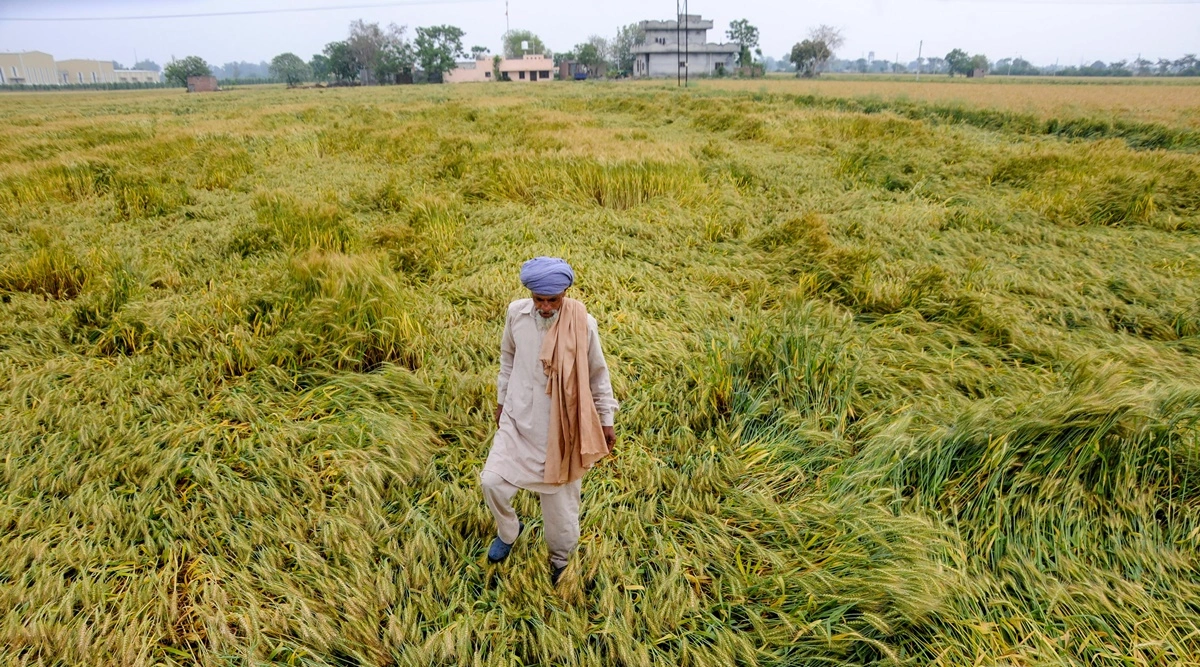
Climate change has devastated betel cultivation in Rajasthan’s Aravalli foothills, destroying a centuries-old livelihood of the Tamboli community.

Farmers in the haor areas of Sunamganj are gripped by anxiety as unfinished crop protection dams threaten to submerge their Boro fields amid fears of an early influx of water originating from the upstream Indian mountainous regions.

The Ministry of Economy of Ukraine is launching a large-scale program to support agricultural producers.
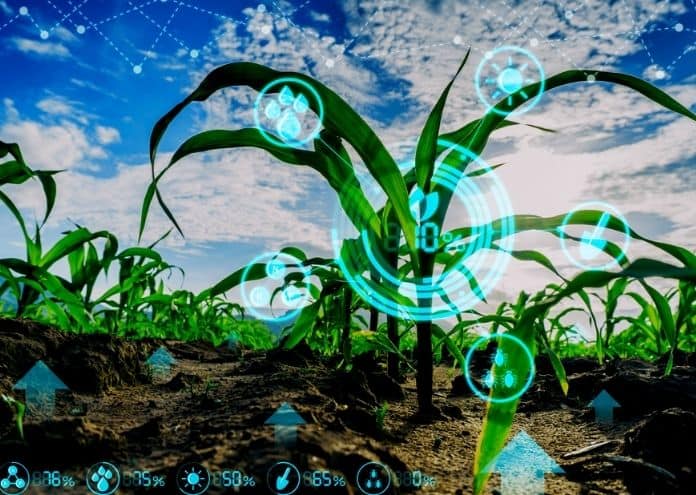
Invasive species are an increasing threat to Ireland’s environment, wildlife and food production systems. Recent discoveries, including the appearance of Asian Hornets in Cork, have highlighted just how serious the risk can be.
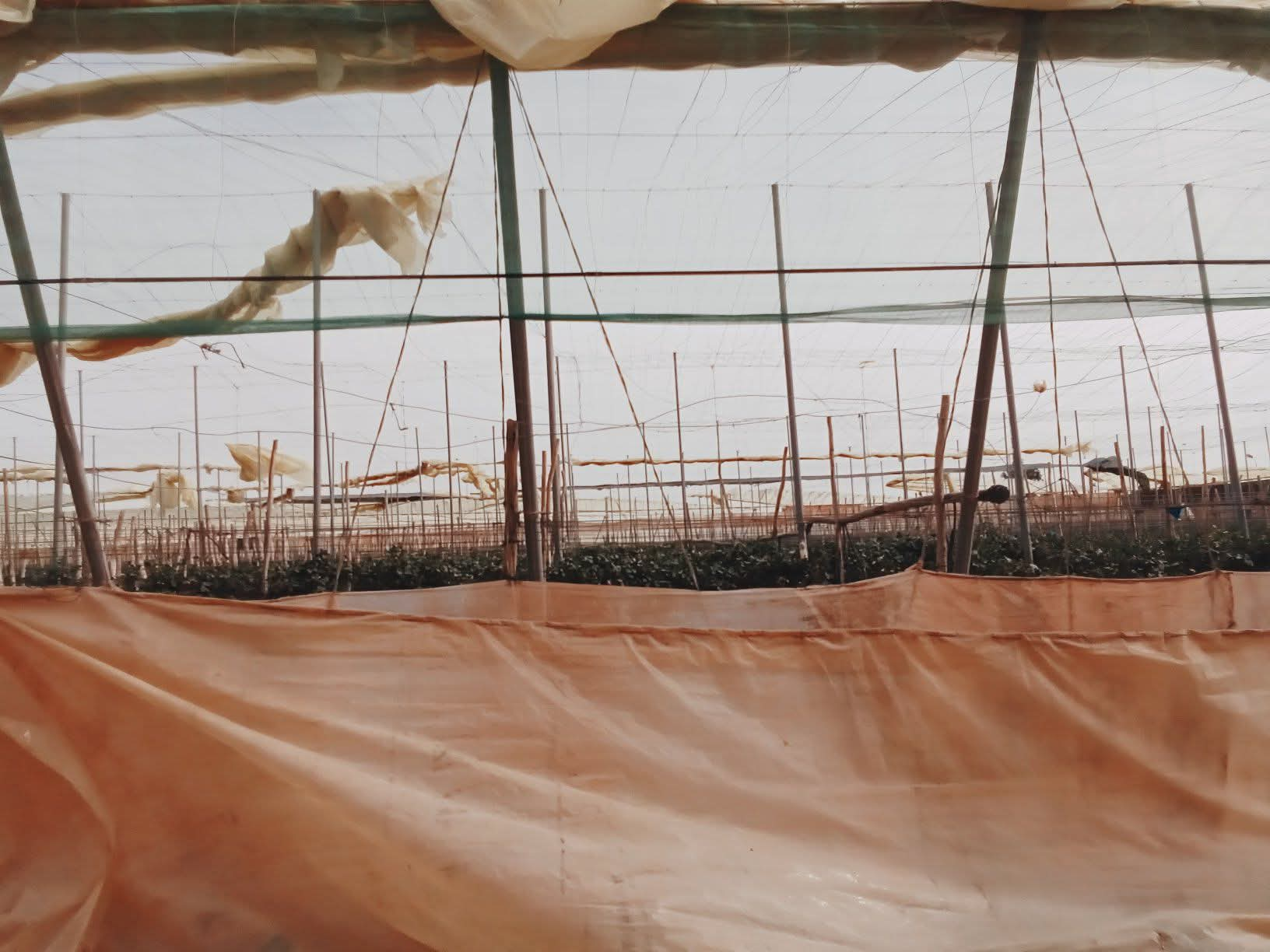
Around 1,500 hectares of greenhouses were damaged in Chtouka Ait Baha after winds reaching 110 km/h tore plastic coverings and left crops exposed.

Record 2025 figures reflect the scale of the US ag risk market and the growing role of tech in managing it.
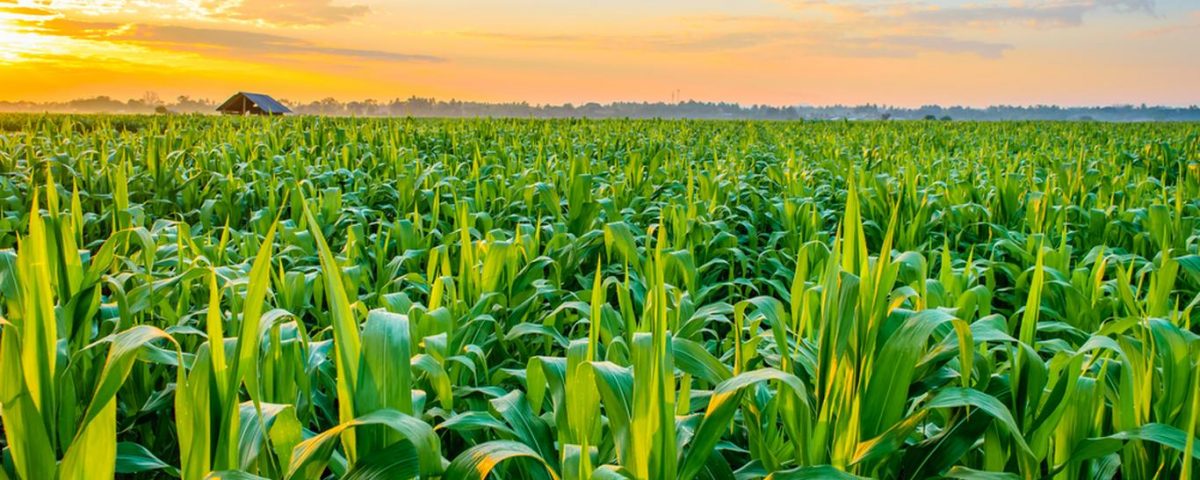
A Lagos-based aagribusiness firm, Moor Farms Limited, has launched a three-year agricultural investment scheme requiring a minimum investment of ₦6 million per acre, promising staged returns from cassava, cashew, and corn cultivation.
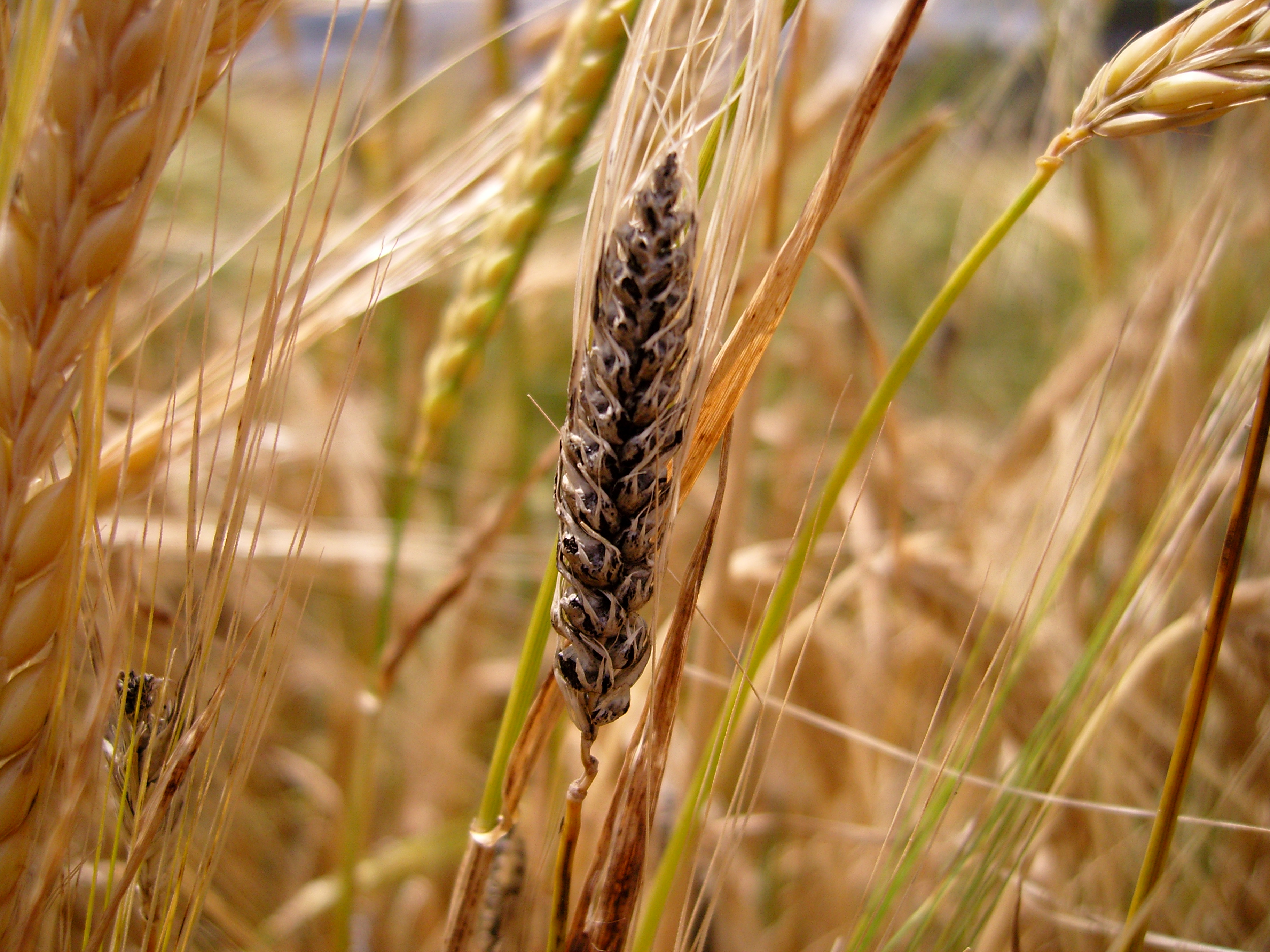
Researchers at the Council for Scientific and Industrial Research Crops Research Institute (CSIR-CRI) are piloting a system that traps airborne fungal spores and feeds the data into an artificial intelligence application to predict crop disease outbreaks before they take hold on farms, in what scientists describe as a fundamental shift from reactive to preventive plant disease management in Ghana.

Spring crop insurance prices were finalized by USDA’s Risk Management Agency this week, at $4.62 per bushel for corn and $11.09 per bushel for soybeans.

Although agricultural insurance policies have been piloted since 2011, the sector remains new and high risk, creating multiple challenges in implementation.

Rural communes near the city of Ksar el-Kebir, recently declared disaster zones by the government, are seeing an intensified effort by agricultural officials to assess crop losses caused by flooding and torrential rains.

The ScaleAgData project is pleased to invite you to our second stakeholder event. Building on the discussions and connections formed during our first webinar, this event will focus on fostering collaboration among stakeholders, providing updates on our project’s progress, and outlining future opportunities for engagement.
SEE ALLWith the latest satellite technologies, insurers can automate and enhance their monitoring, claims, and underwriting processes like never before. Join us for this exclusive 45-minute live webinar, co-hosted by industry leaders from SwissRe, AXA Climate, GreenTriangle, and Planet, to discover:
2024 AgroInsurance International Conference will take place on June 3-5, 2024 in Belgrade, Serbia, at the Hyatt Regency Hotel. Planet Labs (USA) and GAF AG (Germany) are sponsors of our conference. Agremo (Serbia) has been confirmed as the Organization Partner. More partners and sponsors to be announced in March 2024.
AgroInsurance Team is excited to announce the new dates and venue of the 2024 Agroinsurance International Conference. The event will be held on June 3-5, 2024 in Belgrade, Serbia. ‘Early Bird’ registration is already open.

The Australian horticultural sector faced challenges following Cyclone Alfred's impact in late February.
SEE ALLAgriculture in Austria is struggling with the effects of the severe drought in recent weeks and months. Due to the record number of hot days, the farmers are faced with arid fields. The damage to agriculture from the drought is estimated at 150 million euros.
Between the lack of rain and a severe frost event this week, South Australian farmers are feeling the pinch from the weather. Some farmers said they were not bothering to reap what they had sown, as their crops were in such a state that the cost of harvesting outweighed any possible return.
More than three weeks after the Cumbre Vieja volcano erupted, the lava that continues to flow from its interior continues to devastate everything in its path, destroying houses, infrastructure, and banana plantations. The production of Platanos de Canarias is the economic engine of the island, accounting for 50% of its GDP and 30% of the jobs on the island.
Agricultural production has historically been one of the high-risk sub-sectors of Uzbekistan’s national economy because the conditions and results of production and economic activity of agricultural enterprises are highly dependent on random, primarily weather-related factors. In this regard, the development of an agricultural insurance system as an element of sustainable agricultural production is relevant.
The frequency of hailstorms is generally low in small geographic areas. In other words, it may be very likely that hailstorm occurrences will vary between neighboring locations within a short period of time. Besides, a newly launched insurance scheme lacks the data. It is, therefore, difficult to sustain a sound insurance program under these circumstances, with premium rates based on meteorological data without a complimentary adjustment process.
Last year, Malta’s local vegetable produce dropped by 7% when compared to the previous year. The total vegetables produced in tonnes amounted to 58,178, down by 7% when compared to 2017. Their value too diminished as the total produce was valued at €30 million, down by 13% over the previous year. The most significant drop was in potatoes, down by 27% over the previous year. Tomatoes and onions were the only vegetables to have increased in volume, by 3% and 4% respectively but their value diminished by 9% and 24% respectively. The figures were published by the National Statistics Office on the event of World Food Day 2019, which will be celebrated on Wednesday. Cauliflower, cabbage and lettuce produce dropped by 10%, 3%, and 12% respectively. In the realm of local fruit, a drop of produce was registered here too apart from strawberries, which experienced a whopping increase of 58% over 2017. Total fruit produced in 2018 amounted to 13,057 tonnes, down by 1% when compared to 2017. The total produce was valued at €10 million, a 3% increase in value. Peaches produced were down by 35% and the 376 tonnes of peaches cultivated amounted to €0.5 million in value. Orange produce dropped by 10% and lemon produce dropped by 14%. There was no change in the amount of grapes produced and the 3,642 tonnes of grapes produced in 2018 were valued at €2.3 million. 70% of fruit and vegetables consumed in Malta is imported. The drop in local produce could be the result of deleterious or unsuitable weather patterns. Source - https://www.freshplaza.com
While Florida and California accounted for 76 percent of U.S. production of field-grown tomatoes in 2016, greenhouse production and use of other protected-culture technologies help extend the growing season and make production feasible in a wider variety of geographic locations. Some greenhouse production is clustered in traditional field-grown-tomato-producing States like California. However, high concentrations of greenhouses are also located in Nebraska, Minnesota, New York, and other States that are not traditional market leaders. Among the benefits that greenhouse tomato producers can realize are greater market access both in the off-season and in northern retail produce markets, better product consistency, and improved yields. These benefits make greenhouse tomato production an increasingly attractive alternative to field production despite higher production costs. In addition to domestic production, a significant share of U.S. consumption of greenhouse tomatoes is satisfied by imports. In 2004, U.S., Mexican, and Canadian growers each contributed about 300 million pounds of greenhouse tomatoes annually to the U.S. fresh tomato market. Since then, Mexico’s share of the greenhouse tomato market has grown sharply, accounting for almost 84 percent (1.8 billion pounds) of the greenhouse volume coming into the U.S. market. Source - https://www.freshplaza.com